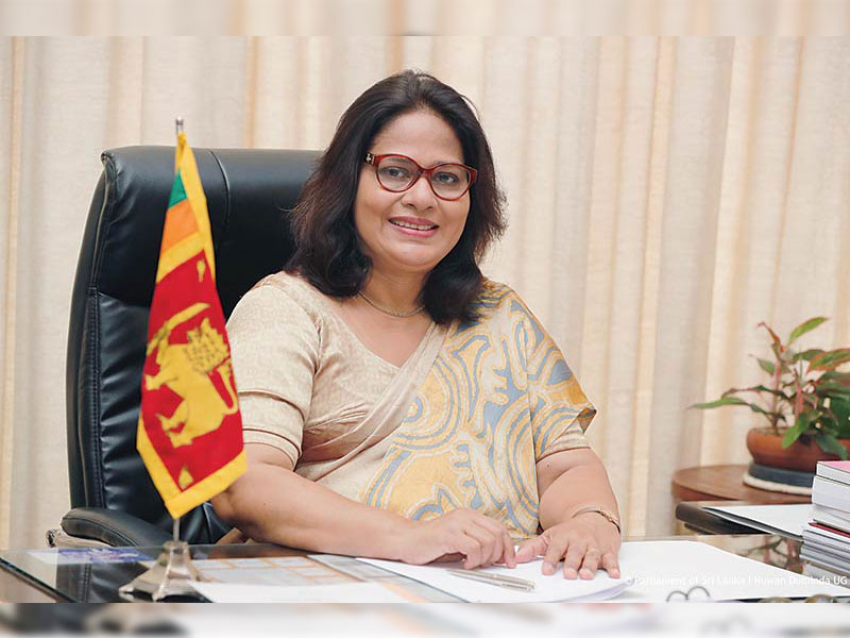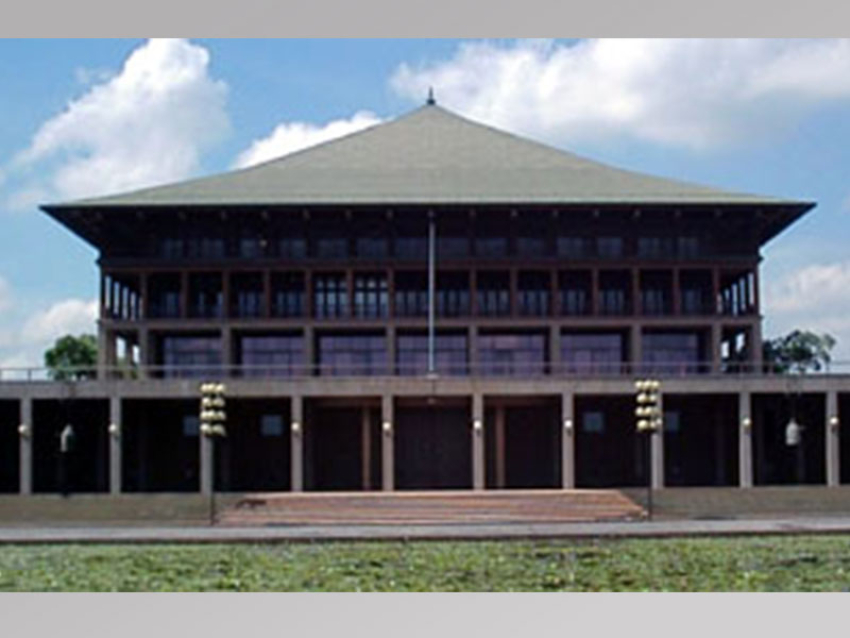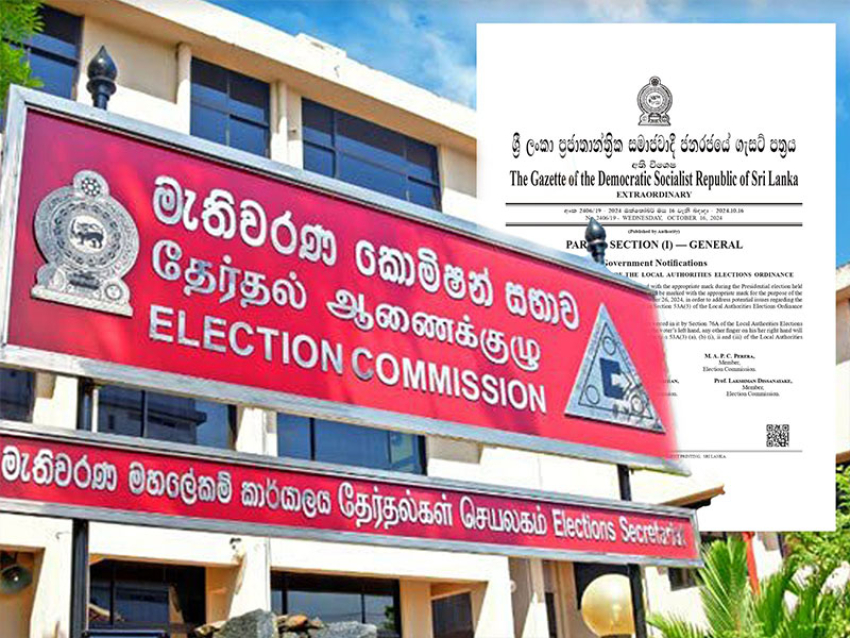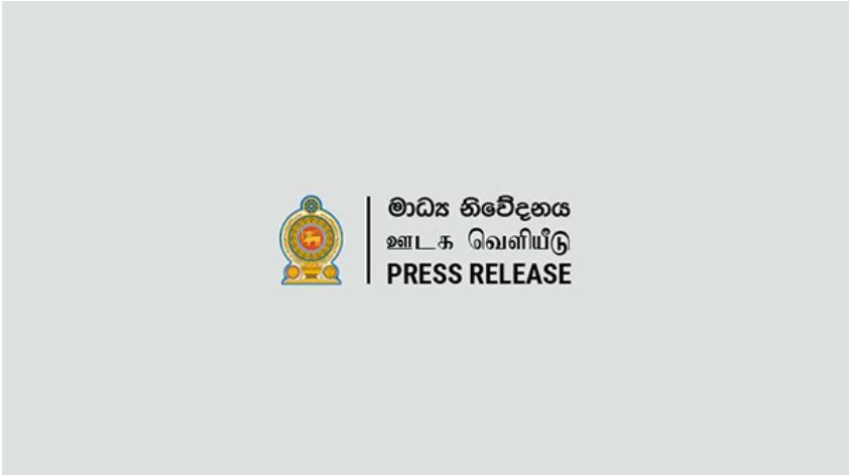As the total number of lawyers is quite low compared to the country’s population, it is essential to enhance the opportunities for legal education. This will also provide the foundation for a more law-abiding society.
High cut off marks for the internal LL.B degree at state universities and the few spaces available at Sri Lanka Law College have been identified as the factors which limit the opportunities for legal education. According to the statistics in 2016, even though they have been qualified for the university entrance to read for the LL.B, 8,432 students have missed the opportunity to enter state universities to get their LL.B degrees due to high cut off marks. In the same year, out of 5,135 students who have applied to the Sri Lanka Law College, only 239 were selected.
Strong District Bar Associations have the capacity to provide practitioners who can be teachers at a Law College in the District. Universities nearby can provide academic support. Conducting of entrance examinations under the supervision of Commissioner General of Examination and Council of Legal Education, as of now, and other internal exams conducted by the Council of Legal Education, as of now, have been identified as a sensible method of quality control. In the same way admission to the Bar would be a matter for the Supreme Court of the Republic, as of now.Successful students can indicate their choice of the Colombo or a District Law College and will be selected on a competitive merit plus residential basis. The Law College of the Council Legal Education is a fee charging institute, and this expansion will not be a strain on the state coffers. Young people will have the opportunity of accessing a quality legal education. The public can easily get access to these new proposals through the official FaceBook page of the Policy Development Office.




















